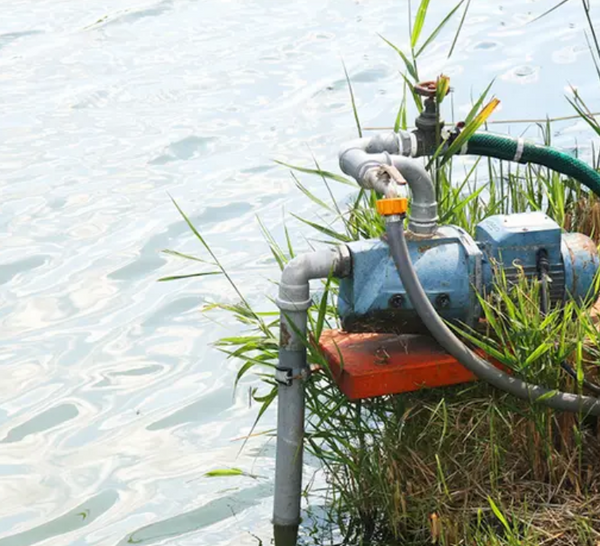Notifications
ALL BUSINESS
COMIDA
DIRECTORIES
ENTERTAINMENT
FINER THINGS
HEALTH
MARKETPLACE
MEMBER's ONLY
MONEY MATTER$
MOTIVATIONAL
NEWS & WEATHER
TECHNOLOGIA
TV NETWORKS
VIDEOS
VOTE USA 2026/2028
INVESTOR RELATIONS
DEV FOR 2025 / 2026
ALL BUSINESS
COMIDA
DIRECTORIES
ENTERTAINMENT
FINER THINGS
HEALTH
MARKETPLACE
MEMBER's ONLY
MONEY MATTER$
MOTIVATIONAL
NEWS & WEATHER
TECHNOLOGIA
TV NETWORKS
VIDEOS
VOTE USA 2026/2028
INVESTOR RELATIONS
DEV FOR 2025 / 2026
 Macon bach -
July 27, 2023 -
Business -
Lake management
-
1.9K views -
0 Comments -
0 Likes -
0 Reviews
Macon bach -
July 27, 2023 -
Business -
Lake management
-
1.9K views -
0 Comments -
0 Likes -
0 Reviews

When it comes to maintaining the health and beauty of lakes, proper lake management plays a crucial role. Lakes are not only aesthetically pleasing, but they also provide essential ecosystem services, including freshwater supply, habitat for various wildlife, and recreational opportunities. However, without routine maintenance and effective management strategies, lakes can suffer from a range of ecological issues, compromising their overall health and functionality.
Regular lake maintenance is vital in preventing the accumulation of pollutants and debris that can harm the water quality and aquatic life. Removing excess nutrients like phosphorus and nitrogen helps curb the growth of harmful algae, preventing algal blooms that can lead to oxygen depletion and fish kills. Regular dredging and debris removal also help maintain proper water depth and reduce the risk of flooding during heavy rainfall.
Lake management involves a combination of proactive strategies to preserve and protect the lake ecosystem. One crucial aspect is watershed management, where efforts are made to control runoff and minimize the influx of pollutants into the lake. Creating buffer zones around the lake can filter out contaminants and prevent erosion, enhancing water quality.
Invasive species pose a significant threat to the balance of lake ecosystems. These non-native plants and animals can outcompete native species, disrupt food chains, and alter the lake's natural dynamics. Implementing early detection and rapid response measures can help control and manage invasive species, ensuring the lake's biodiversity remains intact.
Lake management is not solely the responsibility of environmental agencies; it requires the active participation of the local community as well. Engaging residents and stakeholders in lake conservation efforts fosters a sense of ownership and responsibility. Additionally, educating the public about the importance of sustainable practices, such as proper waste disposal and responsible boating, can go a long way in preserving the lake for future generations.
A well-managed lake is a thriving ecosystem that benefits both the environment and the people who enjoy its beauty and resources. Regular maintenance, effective management strategies, invasive species control, and community involvement are key elements in ensuring the longevity of our lakes. By prioritizing lake management, we can protect these invaluable natural resources for generations to come.
